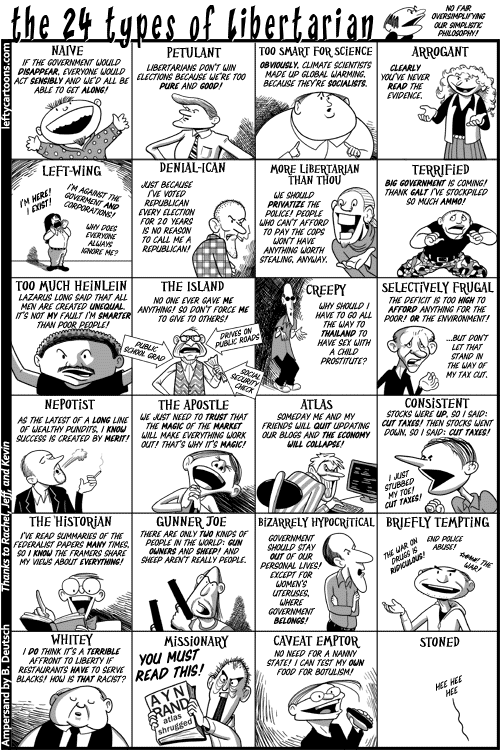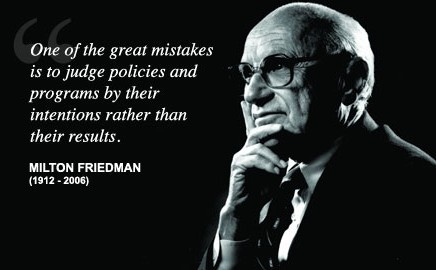President Obama is doubling down on one of the most dangerous provisions in his 2010 health overhaul law. In his proposed budget, he plans to give even greater powers to the Independent Payment Advisory Board (IPAB), a panel created by the new health law to contain Medicare spending.
Is this still America?
“Freedom is never more than one generation away from extinction,” warned the late President Reagan. It’s probably a good thing the Gipper hasn’t been forced to witness what the current generation of authoritarian rulers has done to the land of the free and home of the brave.
“The Secret Knowledge” by David Mamet
All religions stem from the same universal needs. Each contains awe, obedience, grace, study, prayer, and submission. Each religion will order and stress these elements differently, but their root is the same—a desire to understand the Divine and its intentions for humankind.
The political impulse, similarly, must, however manifested, proceed from a universal urge to order social relations.
The Real “Iron Lady”
Reading about Meryl Streep’s preparation to act in “The Iron Lady” could lead one to believe that the real Margaret Thatcher was difficult to understand.
But if you go back to the dark days Britain faced in the late 1970s when she became prime minister, it’s really not that hard.
“Ameritopia-The Unmaking of America” by Mark Levin
My premise, in the first sentence of the first chapter of this
book, is this: “Tyranny, broadly defined, is the use of power to
dehumanize the individual and delegitimize his nature. Political
utopianism is tyranny disguised as a desirable, workable, and even
paradisiacal governing ideology.”
Plato’s Republic, More’s Utopia, Hobbes’s Leviathan, and Marx’s
workers’ paradise are utopias that are anti-individual and antiindividualism.
For the utopians, modern and olden, the individual
is one-dimensional—selfish. On his own, he has little moral value.
Contrarily, authoritarianism is defended as altruistic and masterminds
as socially conscious. Thus endless interventions in the individual’s
life and manipulation of his conditions are justified as
not only necessary and desirable but noble governmental pursuits.
This false dialectic is at the heart of the problem we face today
Who wouldn’t enjoy firing these people?
Earlier this week, Mitt Romney got into trouble for saying, “I like being able to fire people who provide services to me.” To comprehend why the political class reacted as if Romney had just praised Hitler, you must understand that his critics live in a world in which no one can ever be fired — a world known as “the government.”
(And a tip for you Washington types: Just because a person became rich without working for government doesn’t mean he is “Wall Street.” A venture capital firm in Boston that tries to rescue businesses headed for bankruptcy, for example, is not “Wall Street.”)
To Get Ron Paul’s Insanity, You Have To Understand Libertarianism
To “get” Ron Paul you have to understand libertarianism — an ism every bit as delusional as Marxism. The National Libertarian Party, which first ran a presidential candidate in 1972, hasn’t had many wins — electing 4 state legislators in as many decades, as well as a planning commissioner here and an alderman there. Ron Paul is its greatest success.
The Texas congressman is far and away the most prominent proponent of what I like to call rightwing utopianism. Libertarianism is to authentic conservatism what Barack Obama is to 19th century liberalism.
A Bob Hope Christmas to all!
Bob Hope entertains the troops and reminds us what Christmas is.
They Mean Well. Really?
For the life of me, I can’t figure out why conservative pundits, even such stalwarts as Rush Limbaugh, when discussing the virtually inexhaustible supply of liberal follies and blunders, hasten to express their confidence that the perpetrators are “well-intentioned.” Why do conservatives hew mindlessly to the conventional line that far-left radicals are necessarily high-minded and motivated by the best of intentions?








